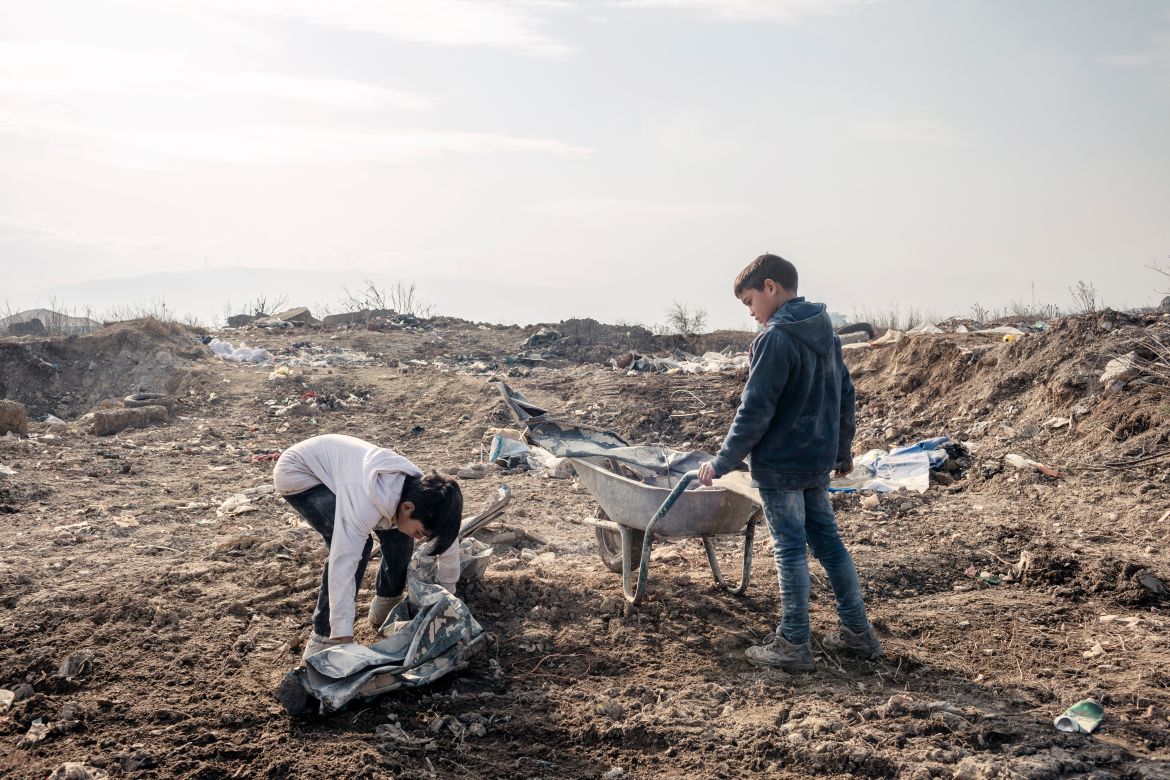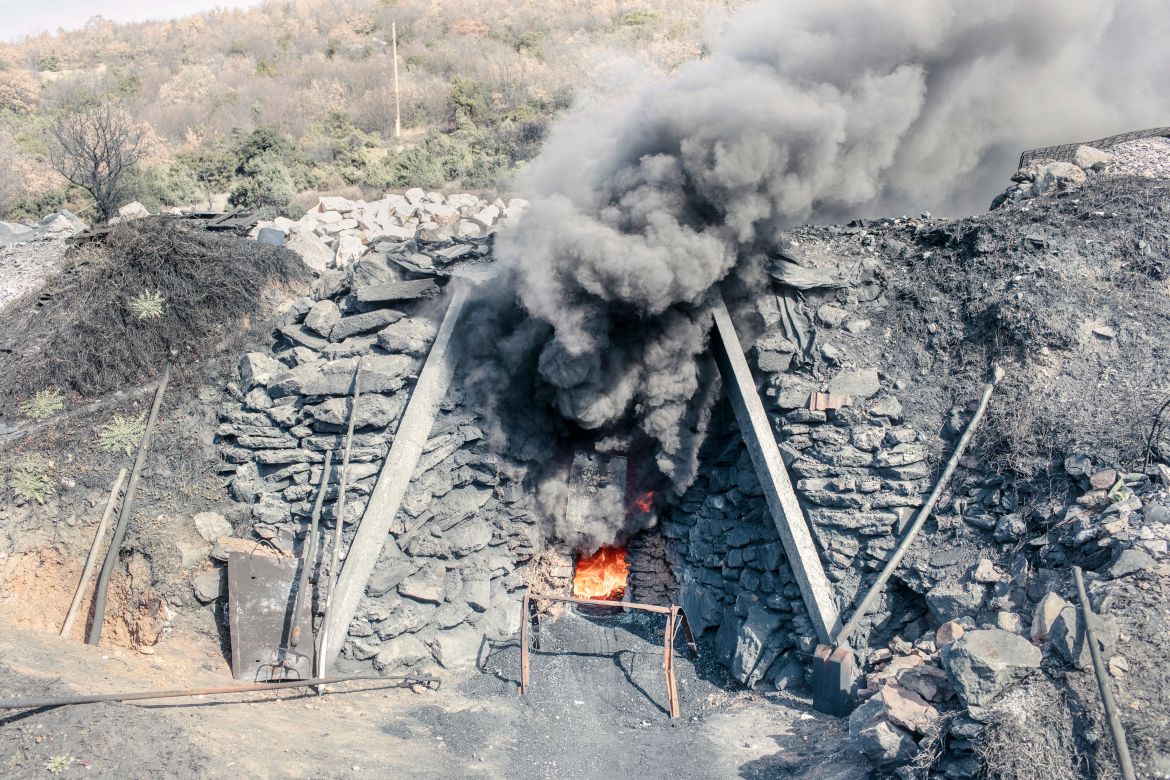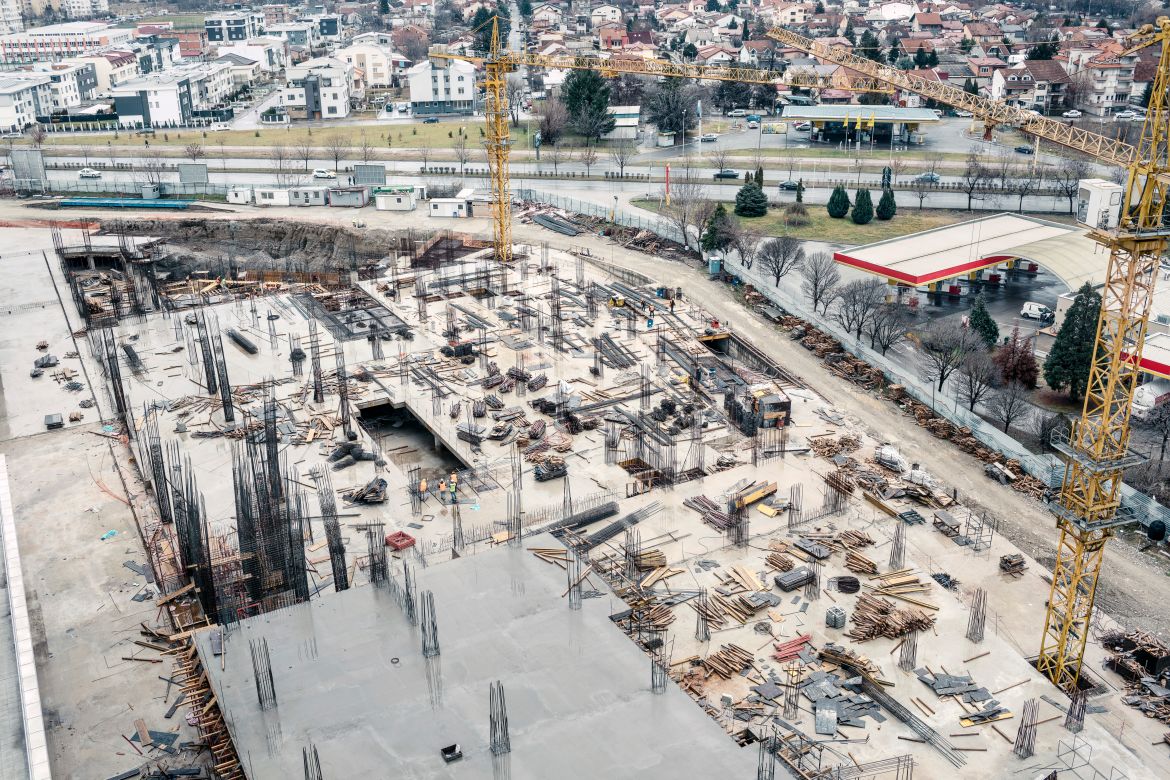In Pictures
The perils of air pollution in North Macedonia
The rate of premature deaths in North Macedonia is higher than in most European Union states.

North Macedonia, located in the centre of the Balkan peninsula, has more than two million inhabitants.
It is one of the countries most affected by air pollution; the rate of premature deaths is higher than in most European Union states.
The World Health Organization (WHO) considers air pollution a “public health emergency” related to 8.8 million premature deaths each year. It is the single largest environmental health risk in Europe.
North Macedonia’s air pollution can be attributed to emissions from the former socialist Yugoslav-era industries, loosely regulated vehicles, the burning of outdoor waste and domestic heating.
Every year, 2,574 people die prematurely as a direct result of air pollution, according to the EU Research Result website.
The WHO Ambient Air Pollution Database for 2018 ranks the capital city of Skopje, with about 600,000 inhabitants, as Europe’s most polluted capital.
Air pollution can cause, in addition to health problems, psychological effects such as depression.
Winter’s low temperatures make the situation worse, because of the rise in demand for heating.
The mayor of Skopje, Petre Shilegov, confirmed that around 60,000 households use low-quality wood and coal for heating, according to local news agency Makfax.
Some burn textiles, plastics and waste to heat their homes, because of poor gas supplies and the high cost of electricity.
The average income is about 260 euros per month, and energy poverty plagues Skopje.
Another factor contributing to air pollution is North Macedonia’s natural position: much of the country is located in a valley surrounded by mountains that trap the fog.













